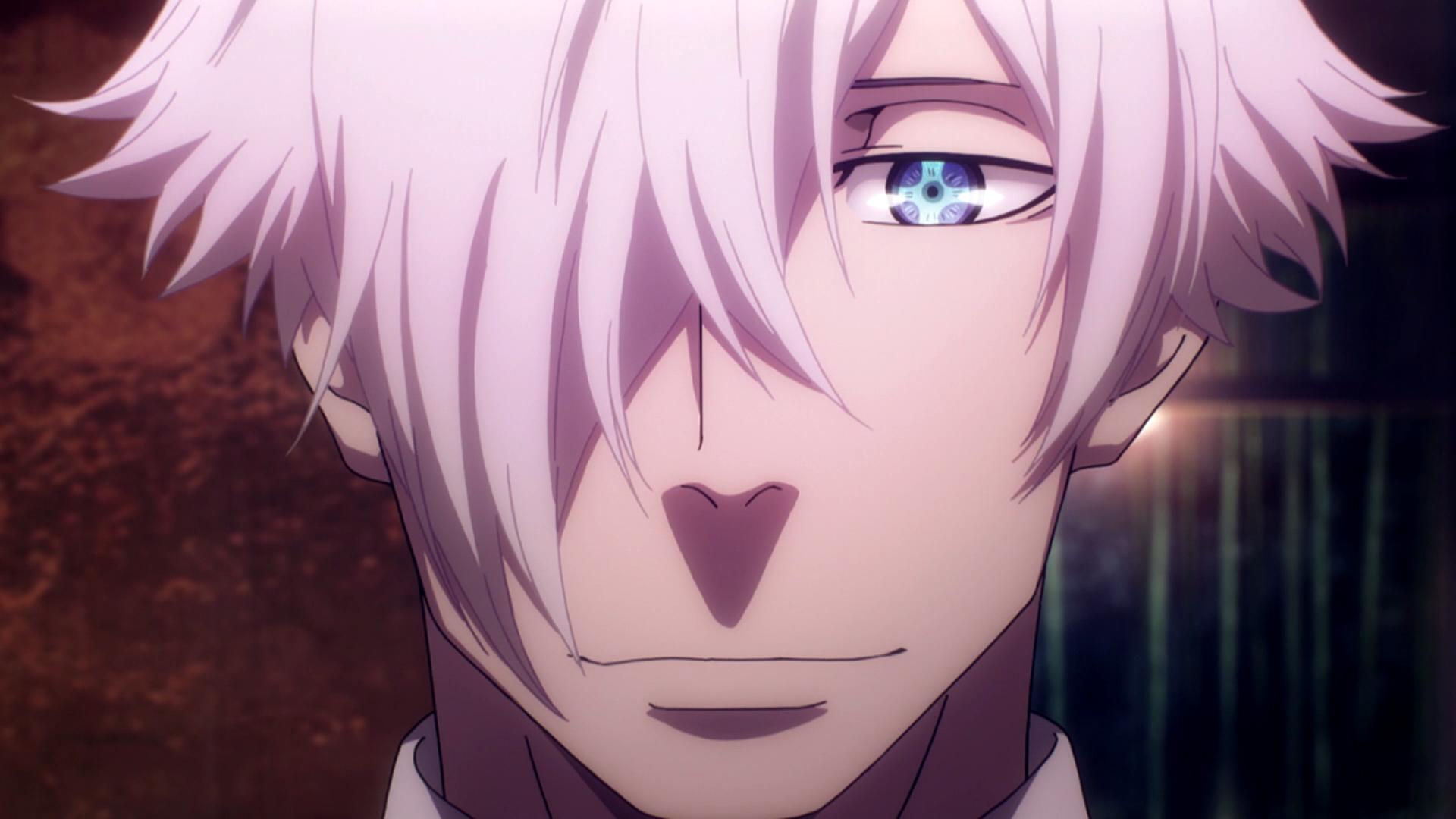
As the series is built on the very essence of death, there’s also an understanding the show brings in about it. Every episode revolves around something that our characters experienced in their past life that somehow led them there. For what’s worth, Death Parade unfolds as a series about lessons – to really let the characters know why they are there. The games reveals the secrets of the participants and also decide their ultimate fate. The games’ winner or loser isn’t really what’s important as it focuses down on the morality of the participants’ values. Decim, the bartender of Quindecim Bar, serves as an overseer of these games. With his trademark silver hair and a suit to match his style, each game literally becomes a thriller.

Because of the style of the show, the story is neither divided into arcs or a linear story. It builds on themes and expands them with the characters involved. Themes included in the show has a wide variety that includes revenge, jealousy, suicide, hatred, isolation, justice, and other mature content. Even murder becomes a topic that is focused in a very intense two-episode continuation. The fact that Death Parade operates with these themes shows how deadly the show can be. And when it does with those themes really brings out the best out of our main characters. The endgame here is that every player is different whether they are an ordinary businessman, a member of a popular band, a pair of stereotypical couples, or even an elderly woman.
The remainder of the cast also play roles although not as prominent as Decim. These include Nona , Ginti, Clavis, Quin, Castra, and Oculus. All of these characters have certain roles with some getting less emphasis than others. I do express concern regarding some of their presence including Mayu who serves more as a comical relief if more than anything else. But that might also not be a bad thing. It creates a balance of the show. With such a dark and moody atmosphere almost every episode, she can bring in a lot of fun.
Indeed, the show actually has its comedy to balance out the series. What’s good to know is that it never fully derides from the series’ premise. What I mean is that the show never really loses its weightless suspense even when comedy is added into some episodes. After all, a mixture of entertainment and engaging story is important. Thankfully, Death Parade accomplished just that. Furthermore, the show uses these characters to build on the mechanics of the series from behind the scenes.
One other aspect of the show I find interesting is the relationships. I don’t just mean the main characters because there’s definitely chemistry between some of them. But rather, I’m referring to the players. The players’ chemistry during each game is phenomenal. Almost every one of them starts out as sort of normal. There’s a nerve wrecking mood as each game goes on that builds itself until its big climax. Sometimes, even Decim has to step in to stop situations that gets out of hand. This is because the games reveal the darkest secrets of the players as they open their eyes to the truth. And sometimes, that’s really heading into the mind-breaking territory. This is where Death Parade takes advantage of revelations to determine the fate of the players. It doesn’t always end perfect but it provides an enthralling experience for the audience. Death Parade shares that experience with emotions, humor, and a thriller like a human drama.
Dark, ominous shades permeate the show. A whirl of blacks, purple, reds, and blues set the foreboding tone, and the dynamic of bright lights and shadow interplay beautifully. Madhouse has created a product of passion with Death Parade, and it shows through their impeccable attention to detail and care in creating this show. Smooth would be the best way to define the art here, everything is neat, crisp and fluid. Swirling lights, darks, and brilliant displays of energy color the typically dark palettes of the show. Much of it takes place in a darkened ballroom, and really allows the lighting and brightness of the conflict to be cast against the darkness and shadows.
Soundtrack is solid for the majority of the parts. The OST is thrilling to express the intensity of the games while solemn tones delivers the intention of its melancholic mood. But what’s most surprising is the OP song. When I first heard it, I thought to myself “is this really the opening song?” To my delight it is. It’s more like a false advertisement. Rather, the OP song brings a much lighthearted comedy aspect with the dancing, stylistic music, and cherry mood. Otherwise, we get the darkening and mood ED song to go along with each episode; although some has different footage depending on the players/games played.


You must be logged in to post a comment.